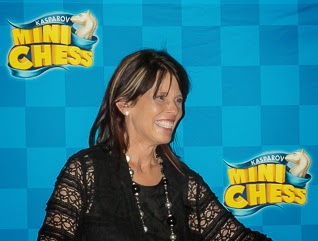Even if you are a pantser (a write-by-the-seat-of-your-pants writer), it is advisable to do some planning before you start a new story. It helps you to get to know your characters. You don't have to do it for every single character in your story. Minor characters, or characters not referred to by name, for example the waiter, or the postman, need not be developed.
It is the main characters that you need to create, to flesh out, to make them real to your reader. You can only make a character real, if you know him or her from the inside out.
A simple list:
1. Physical characteristics - these define his or her eyes, colour, hair colour, height, weight, skin tone, shoe size, scars, lips, nose, chin, jaw line, shoulders, limp, etc. A list will suffice that you can refer to if needed. This list will help to prevent you from changing the hero from a muscular blond hunk, to a bulky carrot top with a weak chin.
2. Choices they had made - people are defined by their behaviour and that includes their choices made or not. The same applies to your character. Choices such as career, car, house, location, country even. These can include marital status, social behaviour (is he a player? is she stuck up around men?) and so on. Write these down for the present and the past, since they will help shape the choices your character makes for the future.
3. Relationships - we are as much part of our relationships as our characters need to be. Best friend, ex-boyfriend, lover, wife, child, parent, colleagues, other friends, enemies, acquaintances, and the stranger that almost knocks her over on the street. All our interactions define us, and we need to focus on the most important ones to shape our characters.
You can add more information, or as much detail as you like, but having characters that are alive in your mind, will come to life in words. Your reader will want to know them, cheer for them or cry with their disappointments and be happy when they achieve their goals.
How much time do you spend making your characters come to life?










